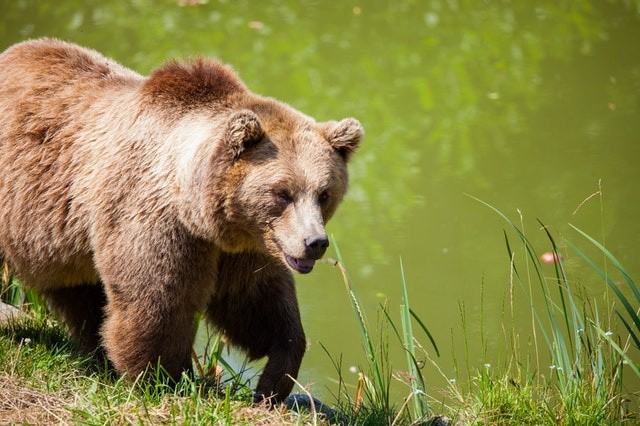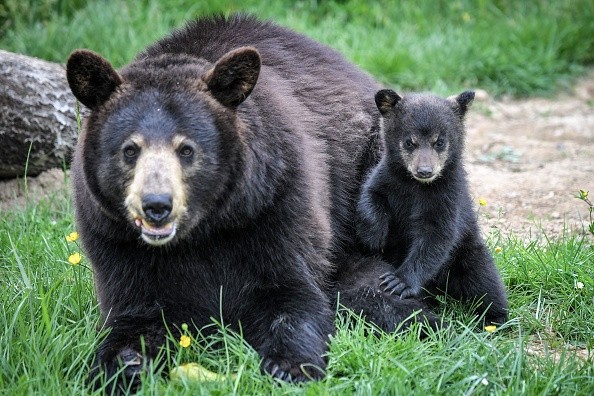The people of Alaska have spoken, and during the state's Fat Bear Week event, a chubby giant has been declared the fattest bear in the state: hail 480 Otis.

After a spectacular transformation during a 212-month feeding spree, the brown bear had triumphed as a result of stuffing himself on salmon before the winter, according to Katmai National Park. Otis, a 25-year-old bear that lives in the park, won the sweepstakes with almost 51,000 votes, beating out the almost-but-not-quite-as-heavy 151 Walker.
Otis' Fourth Victory
The people have spoken! The portly patriarch of paunch persevered to pulverize the Baron of Beardonkadonk in the final match of #FatBearWeek 2021. 480 Otis can now boast a bevy of bests w/ this fourth 1st place finish. As we celebrate, like a true champ 480 is still chowing down. pic.twitter.com/rLvm7pvGJW
— Katmai National Park (@KatmaiNPS) October 6, 2021
It's Otis' fourth victory, and it comes just before he hits his maximum weight. When he was seen in July, the bear had recovered from a late start in this year's feeding frenzy and was exceedingly emaciated. According to his bio, two of Otis' canine teeth are gone, while the others are "very worn," according to his bio.
According to the book, "Otis must also compete with younger and larger bears for access to his fishing spots." "While Otis looks to be asleep or not paying attention to times, he is usually focused on the water, and as a result, he has a reasonably good salmon capture rate."
As Katmai put it on Tuesday, Otis was "still chowing down" like a real champion to commemorate his victory. According to the New York Times, brown bears may acquire up to 4 pounds each day, and Otis was projected to weigh 900 pounds in 2019.
Read also: Bears Breaking Into Homes: After Escaping From Wildfire, California Residents Face New Threat
Fat Bear Week
Fat Bear Week is an annual internet celebration of bears' gluttonous triumphs in the months leading up to their winter slumber. From late June until mid-October, bears congregate near Alaskan streams to feast on salmon to build enough weight to survive a long, harsh winter.
The Fat Bear Week is an event that celebrates achievement. Although all bears are victors, there will only be one true champion. People picked which bear to crown in this March Madness-style tournament where bears are challenged against one other for your vote over the course of seven days, culminating on Fat Bear Tuesday.
"Every winter, brown bears suffer a months-long hunger nestled cozily in their dens," according to the competition's website. "Bears do not eat or drink during hibernation and can lose up to one-third of their body weight." So before entering the cave, they must build up enough fat stores to survive the winter."
Otis and Walker have seen incredible makeovers in recent months.
Fat Bears

Fatness is a vital sign of excellent health for the bears of Katmai, not just among their populations but also for the ecosystem as a whole.
"Fat bears represent the richness of Katmai National Park and Bristol Bay, Alaska," according to the website, "a wild region home to more brown bears than humans and the largest, healthiest runs of sockeye salmon left on the world."
For more wildlife news, don't forget to follow Nature World News!
© 2025 NatureWorldNews.com All rights reserved. Do not reproduce without permission.





